When Assemblyman Zohran Mamdani surged to the front of New York City’s mayoral race, his message sounded like a generational promise: a city where buses are free, housing is guaranteed, groceries are subsidized, and the wealthy pay “their fair share.” To his supporters, it was a moral reset for an unequal city. To economists and fiscal analysts, it’s a mathematical impossibility — one that risks dismantling the fragile progress New York has made since the pandemic.
At the heart of Mamdani’s platform is a sweeping expansion of government services. The biggest headline item — making city buses free — comes with an $800 million annual cost. The plan assumes that universal access will both improve ridership and reduce congestion. But in practice, New York’s transit system is already losing almost half its fare revenue to fare evasion. Eliminating fares altogether would blow a hole in the MTA’s operating budget while doing nothing to address the agency’s chronic inefficiencies.
Transit experts warn that free fares almost never translate into faster service. On the contrary, systems that eliminate pricing mechanisms often see higher maintenance costs, overcrowding, and safety issues. Mamdani’s promise to make buses “free and faster” contradicts basic principles of transport management — you can incentivize ridership or speed, but not both simultaneously without major capital investment.
New York City’s budget already exceeds $110 billion — larger than that of most U.S. states — and is projected to run multibillion-dollar deficits in the coming years. Adding a new suite of social programs would require either deep cuts elsewhere or unprecedented tax hikes.
Mamdani proposes to finance his agenda by raising income taxes on millionaires and imposing new corporate levies, including a 59 percent increase on business taxes. But New York’s fiscal health depends heavily on its top earners: the richest 1 percent already contribute roughly 40 percent of personal income tax revenue. Economists describe this as a “fragile tax base” — one easily eroded by outward migration. High-income residents have the means to relocate to low-tax states like Florida and Texas, and recent census data already show that thousands do so every year.
In short, Mamdani’s funding plan assumes that the wealthy will remain captive to a jurisdiction actively trying to penalize them — an assumption recent history doesn’t support.
Another of Mamdani’s signature proposals — a citywide rent freeze — would affect fewer than half of New York’s rental units, as the rest are market-rate. Freezing rents on regulated apartments would not stop overall price pressures; instead, landlords would compensate by raising rents on unregulated units, further squeezing the middle class.
Housing economists point out that rent freezes discourage construction, as developers see diminished returns on investment. The result is the opposite of what Mamdani promises: lower supply, higher rents, and growing scarcity. Former Gov. Andrew Cuomo pressed this point during the mayoral debates, arguing that long-term affordability depends on faster permitting and zoning reform — policies Mamdani declined to endorse, saying he would “study the issue.”
The most alarming component of Mamdani’s fiscal blueprint is his plan to raise corporate taxes nearly 60 percent and add a surcharge of $20,000 per million of personal income for high-earners. That would make New York one of the highest-taxed cities in the world, surpassing even Paris and Tokyo.
Finance, law, and technology — the pillars of the city’s economy — are not bound by geography. Remote work has made relocation easy; capital flight could follow quickly. A handful of hedge funds and major law firms already have satellite offices in Miami, Dallas, and Nashville. If even a fraction of them moved their headquarters out of Manhattan, the city’s tax revenue could collapse far faster than Mamdani’s spending programs could be rolled back.
Mamdani calls himself a democratic socialist, but his agenda departs from European social democracy, which relies on robust private enterprise to fund welfare programs. His rhetoric often frames the private sector as an adversary rather than a partner. That framing may appeal to younger voters disillusioned by inequality, but it misreads the underlying economics of the city he hopes to lead.
New York’s wealth creation — from finance to real estate to media — subsidizes the very social programs Mamdani champions. Undermining that foundation risks collapsing both sides of the equation: public welfare and private prosperity.
Beyond economics, Mamdani’s record on public safety raises questions about executive judgment. His earlier calls to “defund the NYPD” and redirect 911 calls to social workers have alarmed even Democratic allies like Gov. Kathy Hochul, who recently admitted, “Everybody’s concerned what will happen to the policing of the city.”
Running the nation’s largest municipal government requires operational experience and a grasp of scale — from managing 36,000 police officers to maintaining the world’s most complex transit system. Mamdani, a two-term assemblyman with no executive background, offers sweeping reforms without explaining how they would function administratively.
Zohran Mamdani’s platform reads less like a governing plan than a campaign wishlist — a catalogue of aspirations detached from fiscal and operational reality. His proposals rely on money the city doesn’t have, from taxpayers it may soon lose, to fund programs that have failed elsewhere.
New York’s economy runs on confidence: investors must believe their money is secure, residents must believe their services are stable, and the wealthy must believe they’re not being targeted simply for staying. Mamdani’s program jeopardizes all three.
(YWN World Headquarters – NYC)

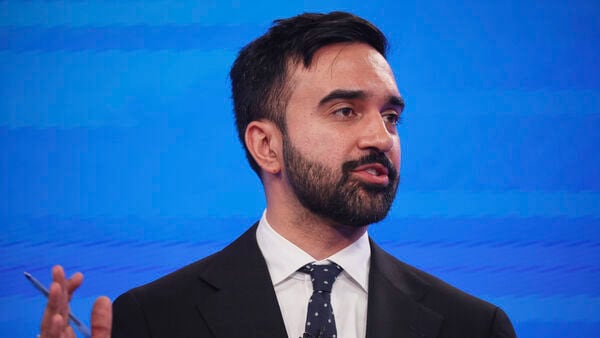
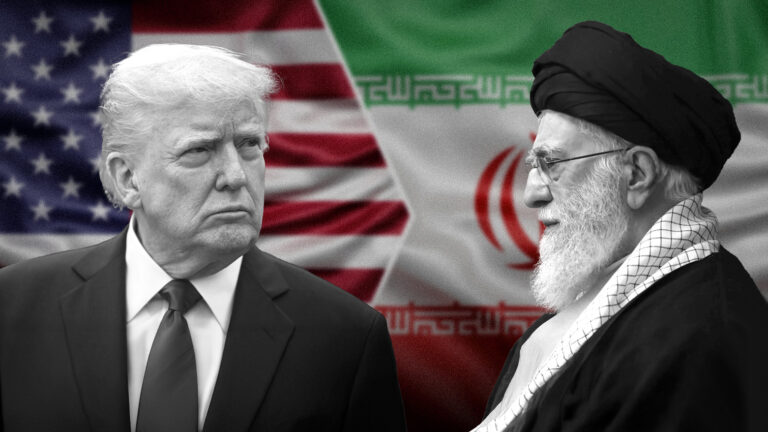
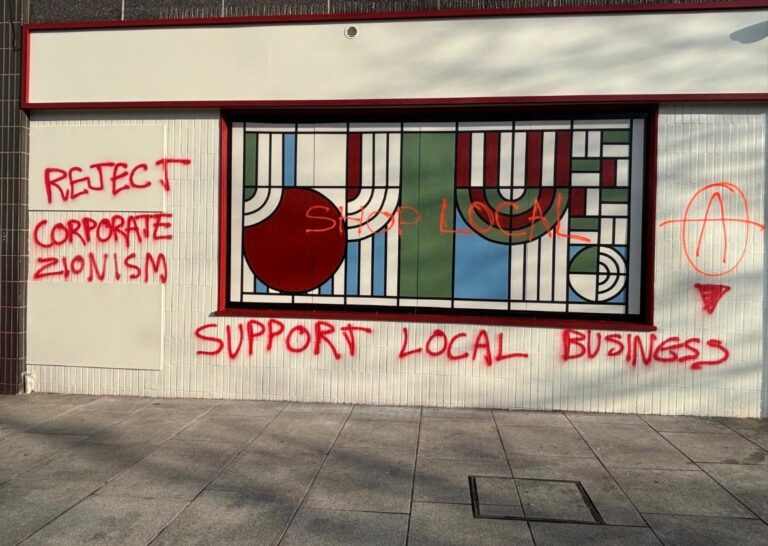
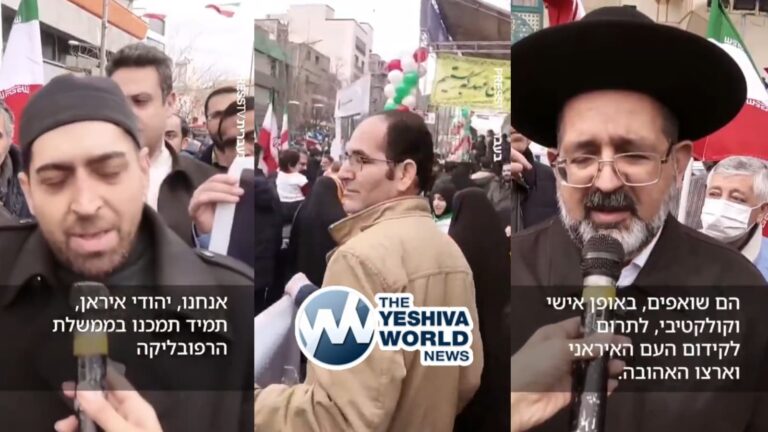
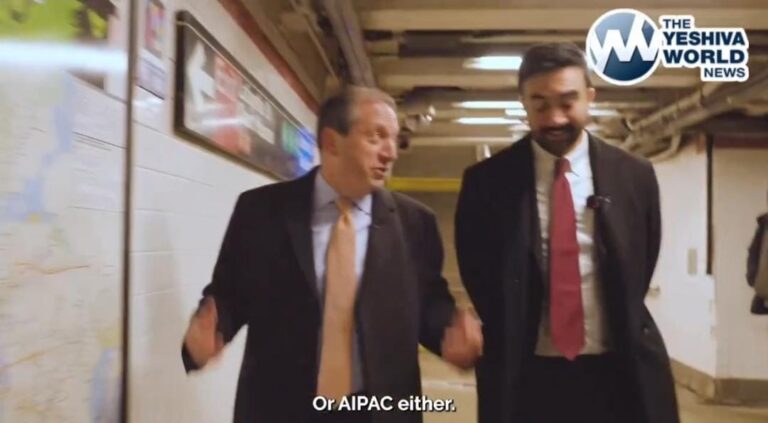
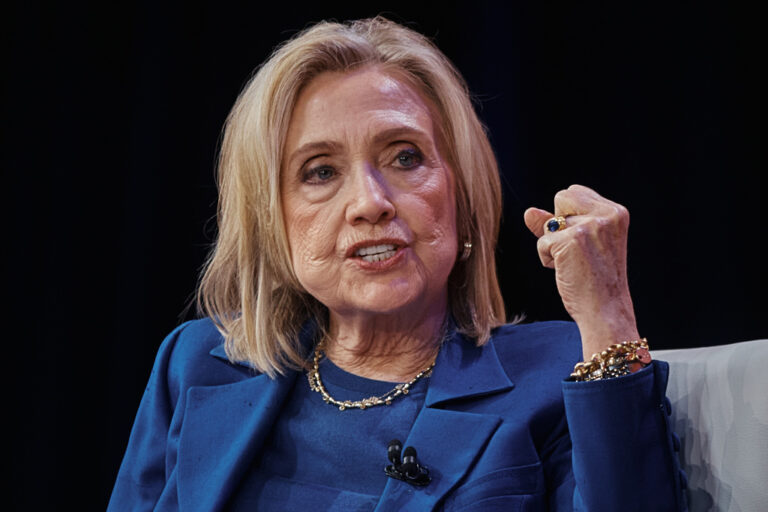
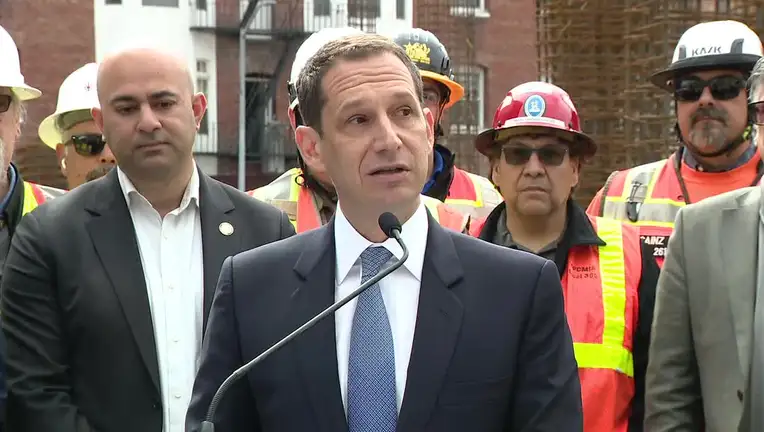
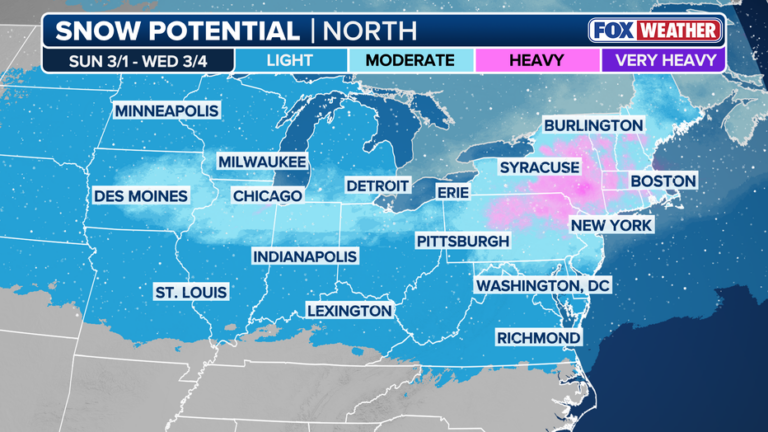
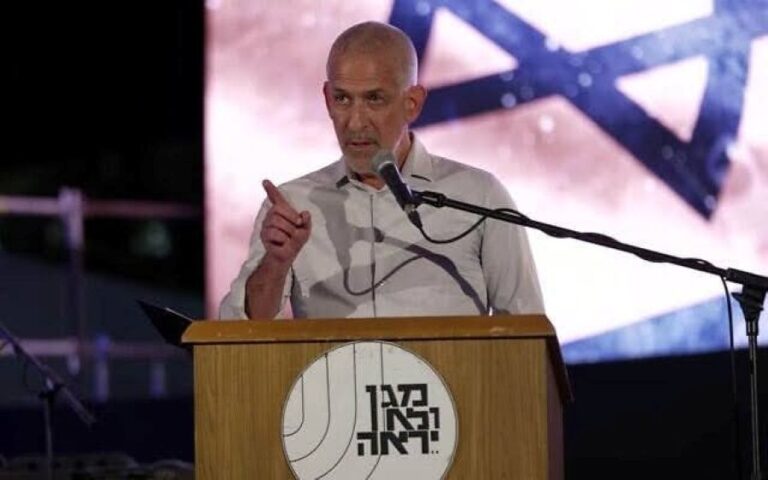


2 Responses
I can’t help but wonder if having a guy like this in office is the only way to swing peoples’ vote back from the far left. We saw that with Trump in 2024 after a disaster 4 years under a crazy far left admin telling Biden what to do. There seems to be a similar swing underway in California- with all the homelessness, crime and fires. It’s gonna be a painful few years under Mamdani, but there’s no way he’d win a reelection after putting such nutty policies in place. Maybe after his term in office, NY will get a Republican Mayor?
YWN loses all credibility by claiming that NYC loses HALF of its income due to fare evasion. From ChatGPT (at least I admit to the source):
According to recent reports for the Metropolitan Transportation Authority (MTA) in New York City:
In 2022 the MTA lost about $690 million in fare and toll evasion.
City & State New York
+4
MTA
+4
RealClearInvestigations
+4
One estimate puts that loss at around 14% of the agency’s potential fare revenue for that year.
City & State New York
In 2024 the loss is estimated at roughly $1 billion from fare and toll evasion.
Citizens Budget Commission
+1
So, if you want the percentage of revenue lost due to fare evasion, the ~14% figure (for 2022) is the most specific publicly stated number.